
The Art of Non-Alcoholic Spirits
blog
For decades, spirits and cocktails have fostered a culture of craft, connection, and celebration. But over time, cocktail culture has evolved far beyond the buzz!
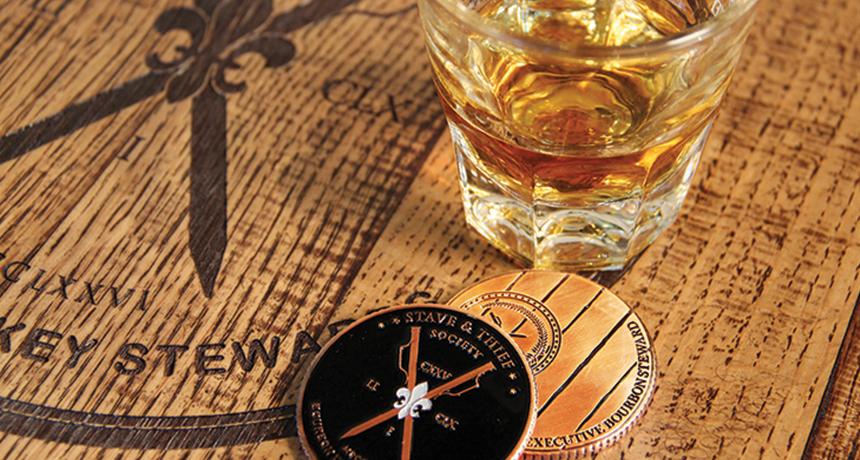
Written by John Raiona, Executive Bourbon Steward.
I recently had the pleasure of participating in a lively discussion with a group of several people very new to the Bourbon scene, as well as a couple of newly Certified Bourbon Stewards.
Themes of discussion ran the gamut — from deliberating the spirit's beginnings to advancing the debate on which brand deserves the title of "best Bourbon,"to which my stock answer has always been, "whatever someone else is paying for!" But the part of the conversation that I found most interesting was on the topic of how best to (as Bourbon novice) advance your knowledge of whiskey while also developing a greater appreciation for the spirit itself.
Two questions in particular came up:
- How do you include an educational component in each tasting?
- What are some best practices for newbie's learning more about Bourbon?
Well, for readers of this blog that have yet to become Bourbon Stewards, the Stave & Thief Society program is a great place to start. But whether you're a novice or a Steward seeking recommendations for how to help newer folks begin their own Bourbon journeys, here's a few tips I often share with my students:
It can be easy to get caught up in the excitement of tasting some of the world's most elusive spirits. In the whiskey world, whether it be scotch, Bourbon, or any other of the multitudinous offerings, we call these rare, highly sought after, and greatly coveted bottles our "unicorns."
For the most part, you should be lucky to stumble upon the likes of a Pappy Van Winkle or other such gem but understand that their price matches their rarity. If it isn't cost prohibitive for you, then by all means add it to your collection (or call me and I'll gladly take it off your hands).
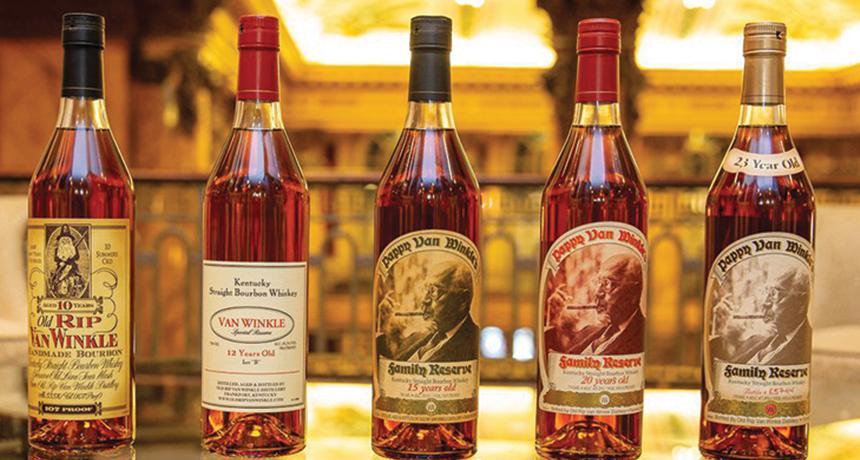
But if you don't have a few hundreds — or thousands — of dollars to throw down for a bottle of whiskey (no matter how exquisite), don't fret. There are many wonderful whiskeys much more affordable and readily available that deserve tasting!
I think there is a natural tendency to equate quality with cost: "the greater the price, the better the product!" I encourage you to avoid making this assumption.
While it's true that it often costs more to produce a higher quality product, the expense that's passed onto the consumer at retail is not always the best yardstick by which to measure a whiskey's quality.
There are many incredible brands out there that are as budget friendly as they are delicious, but I've also tasted expensive products that have left me feeling quite robbed.
As a Bourbon novice, it's in your best interest to get to know the folks at your local spirits shops and bars. More often than not, they will be knowledgeable about the quality of a variety of spirits and happy to make some solid recommendations based on your palate preferences.
Often during the course of a tasting, I'll offer my thoughts as to what I'm perceiving in the nose and on the palate as we make our way through the various samples. Frequently, I'll see expressions of utter bewilderment and confusion in response to what I'm sensing.
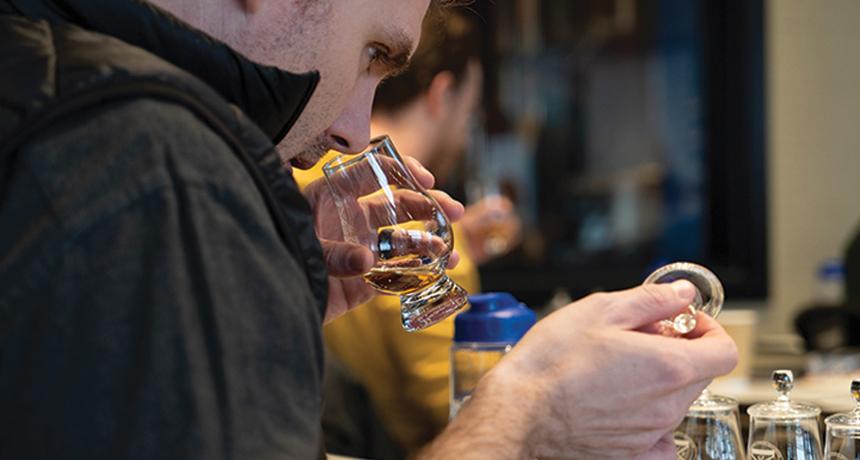
Having been on the other side of that perplexed gaze, I know what thoughts are racing through their minds. They are questioning why what they smell and taste is different than what I just shared.
After encouraging each participant to share what they're sensing, I explain to them how smell and taste can be very subjective — no two palates are identical. Because our perceptions are directly connected to memory, it makes sense that we might experience the same spirit differently.
Sensory memories — the aromas or flavors we associate with a freshly mowed lawn, mom's bread baking, a crisp fall evening spent toasting marshmallows on the fire — are the experiences we draw from that enable us to express what we smell or taste. Each person's experiences are different and deeply personal, and so too will be their tasting experience.
Even as a Bourbon novice, when you're asked what you sense you can reply with confidence. There is no wrong answer!
As with smell and taste, there's no "right way" to drink Bourbon — no matter what someone else tries to tell you.
Neat, on the rocks, with a splash of water, in a cocktail… There's certainly is no lack of options for how you might drink your favorite spirit, but a true whiskey ambassador won't try to correct you on your preference, whatever it is.
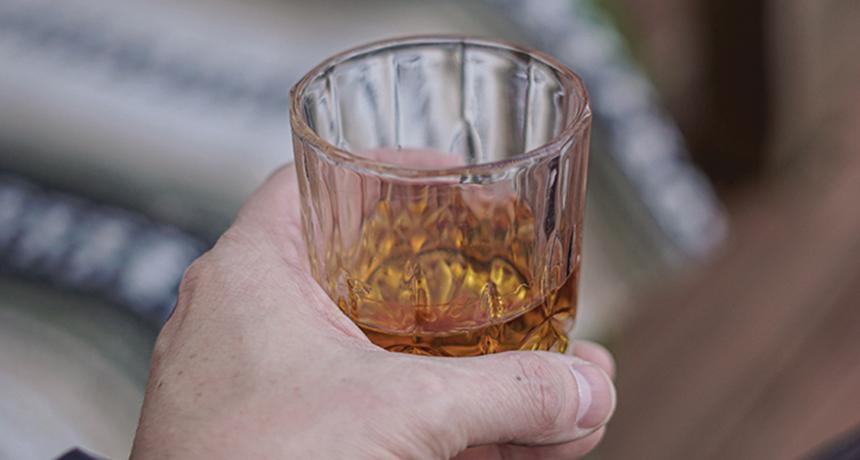
When asked for his opinion on the "right way" to drink, Fred Noe, great grandson of Jim Beam, gave the best response:
"The way you're supposed to drink Bourbon is any damn way you want to."
I get asked this question quite often and, aside from sharing Fred Noe's answer, the one recommendation I give is that the first time you're trying a Bourbon, taste it neat so you can experience the flavor profile as the distiller created it. Aside from that, my recommendation mirrors Noe's — enjoy your spirit any way you like!
As Bourbon historian, and Kentucky Bourbon Hall of Famer Freddie Johnson said,
"Never save Bourbon when sharing with friends and family. There will always be more Bourbon. We are the fragile part of this equation. It's not about the whiskey, it's about the lives you touch and the people you meet. The whiskey is a by-product of a good relationship."
Spending his days as Buffalo Trace's Chief Tour Guide, this is something Freddie gets to share with visitors daily. As a Bourbon historian and whiskey ambassador myself, this is a sentiment I also try to pass along to the Bourbon novice and introduce into my tastings as well.
Remember these 5 tips and enjoy the journey ahead. Cheers!
Written by John Raiona, Executive Bourbon Steward. Any and all opinions expressed herein are those of John Raiona and not necessarily Moonshine University or its affiliates.
Want to professionalize your passion for Bourbon? Visit staveandthief.com for more information.

blog
For decades, spirits and cocktails have fostered a culture of craft, connection, and celebration. But over time, cocktail culture has evolved far beyond the buzz!
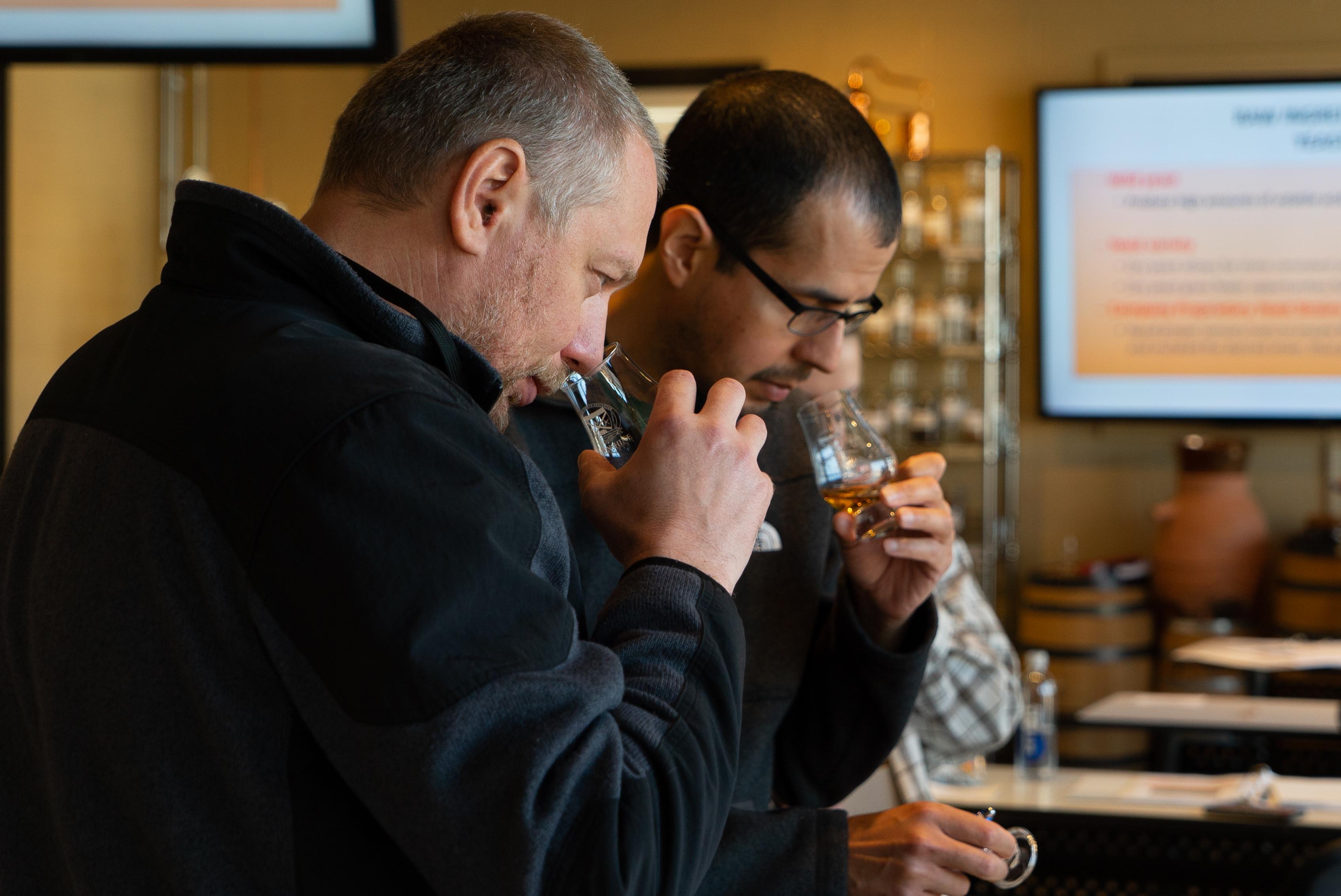
blog
Those that are familiar with the process of crafting distilled spirits may also be familiar with the 10 common congeners that are created during fermentation, and honed during the distillation run. Each congener has its own distinct personality, rendering unique tastes and aromas to the finished spirit.
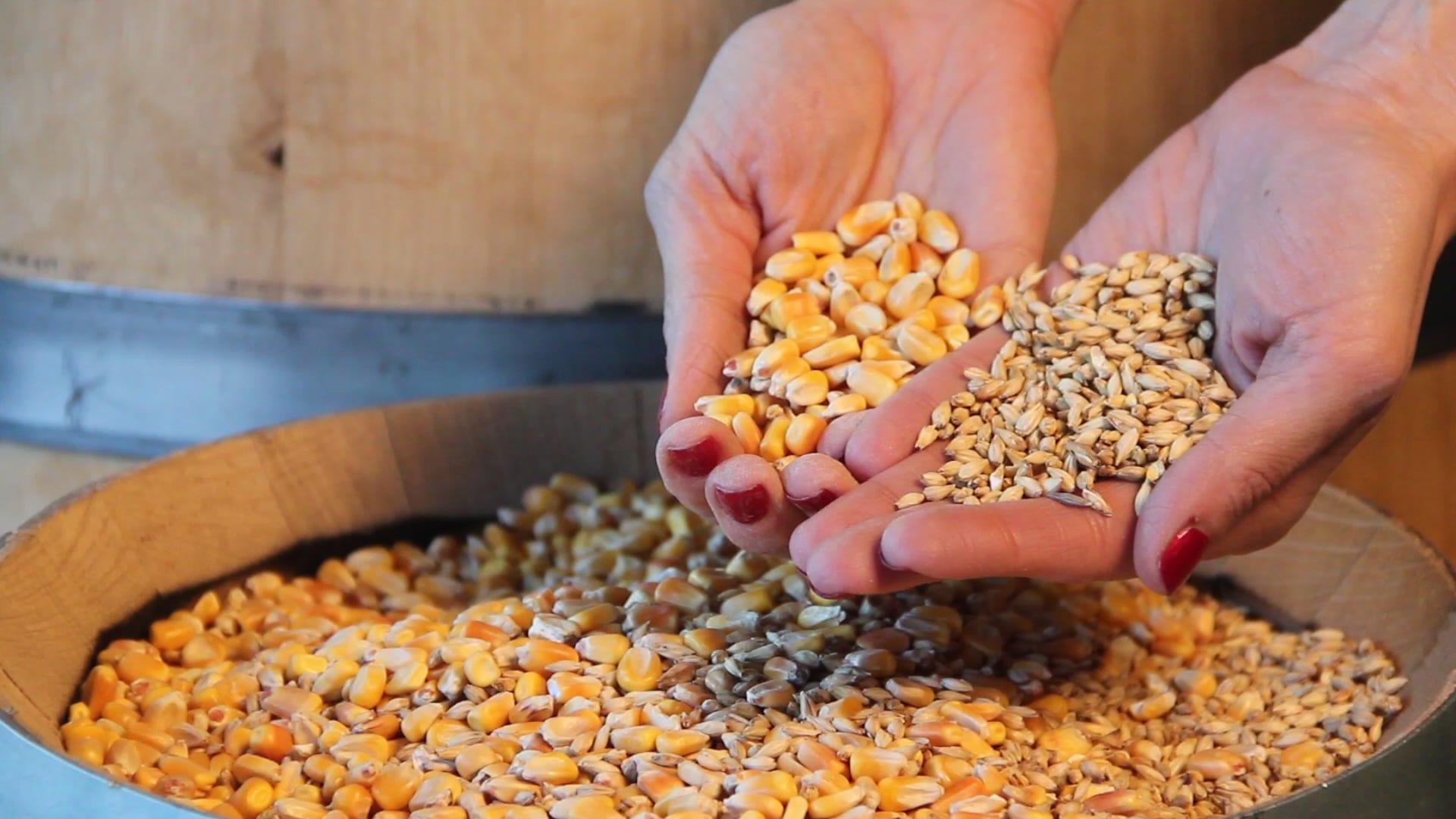
blog
So, you want to start distilling with freshly milled grain. Maybe you're tired of paying top dollar for the pre-milled stuff from the malt distributor, and you're ready to invest in the quality, efficiency, and bulk pricing that comes with milling your own whole grain. But where do you start?